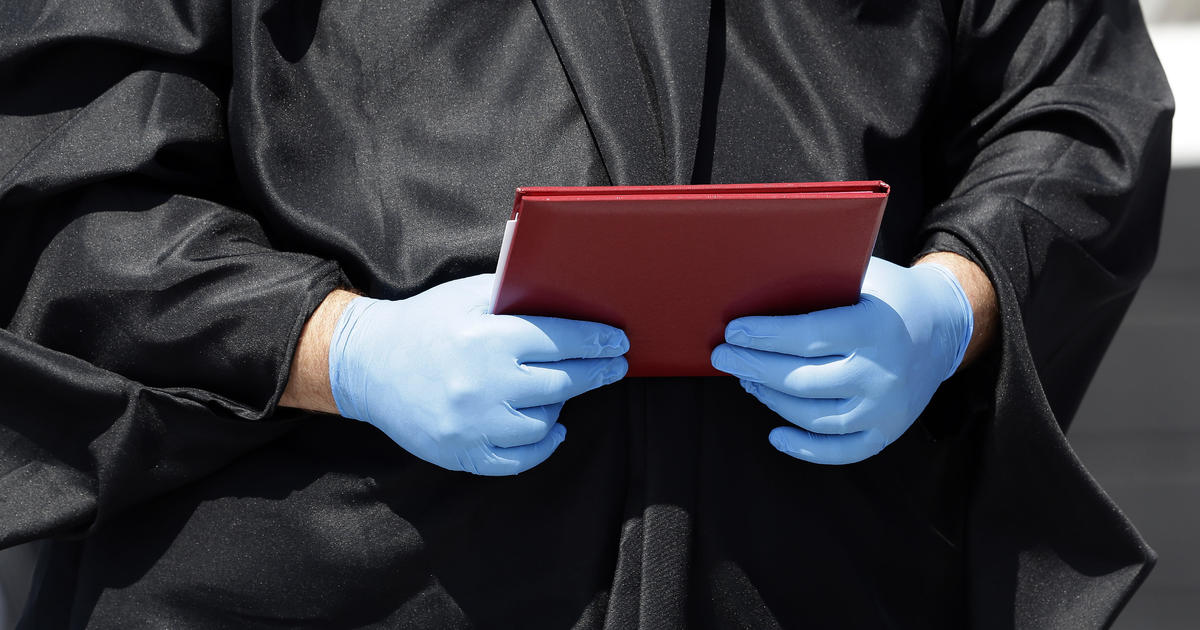
The Trump administration on Monday unveiled new fall semester rules for foreign students, including a requirement that they take in-person classes to remain in the U.S., a condition that raised concerns as certain colleges and universities are planning to use online instruction because of the coronavirus pandemic.
Under the new guidelines by Immigration and Customs Enforcement (ICE), which oversees the U.S. Student and Exchange Visitor Program, foreigners with F-1 or M-1 visas — which are for academic and vocational international students, respectively — will not be allowed to participate in an entirely online fall semester.
The State Department will not issue those visas to students planning to attend schools that will only offer remote learning and Customs and Border Protection officials will not allow such applicants to enter the country, according to a summary of the temporary rule, which ICE said will be published in the federal government’s journal of regulations “in the near future.”
Students already in the U.S. under those programs who are planning to attend colleges or universities that will only offer online classes in the fall will need to transfer to other schools providing in-person instruction, depart the country or face potential deportation, ICE said. If they leave the U.S., the students will be able to continue the remote instruction in their home countries.
Existing regulations generally bar online-only coursework in the Student and Exchange Visitor Program. But in the spring, ICE issued an exemption allowing foreign students to take more online classes, citing the growing coronavirus pandemic.
ICE said Monday that international students planning to enroll in schools implementing a so-called “hybrid model” of online and in-person instruction will be allowed to take more than one class or three credit hours remotely as long as the institutions file certifications with the agency.
Advocates and immigration experts quickly denounced the new rules, noting that ICE can issue another exemption, considering the ongoing challenges for students and institutions of higher education during the pandemic.
“This is very short-sighted. I don’t see the public interest or national interest reason for doing this,” Doris Meissner, the head of the U.S. program at the Migration Policy Institute and former commissioner of the now-defunct Immigration and Naturalization Service, told CBS News.
“We’re in a pandemic, it’s an extraordinary situation and even though the rules in general wouldn’t allow people in the U.S. to take purely online courses, this is a circumstance that is entirely beyond the control of the students themselves. They have no way of affecting what the policies are of the schools to which they’ve been admitted,” Meissner added.
Many colleges and universities in the U.S. rely on tuition fees from international students, who generally have to pay full rates.
The State Department stopped most routine visa services in March because of the pandemic and has yet to resume them. There are also travel restrictions in place for Brazil, China and certain European countries that apply to those with student visas.

